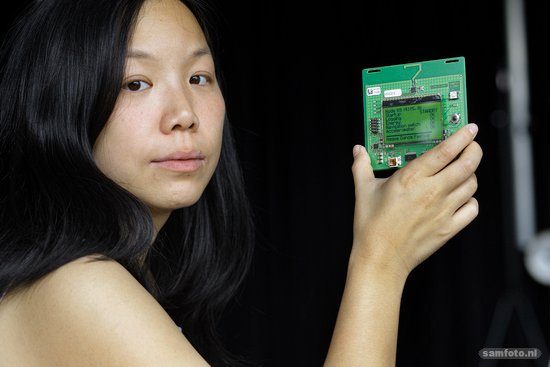As international STEM organisations and universities struggle to redress the
gender imbalance among the top ranks, TU Delft is emerging a role model for new initiatives.
The university’s recently launched Delft Technology Fellowship is one of its most successful ventures aimed at gender equality. It started as part of the national charter initiative ‘Talent Naar De Top’, which is aimed at increasing the number of top female scientists across organisations. Inspired by the Rosalind Franklin Fellowships of the University of Groningen, the fellowship offers high-profile, tenure-track positions to top female scientists. In the first round of the fellowship held in 2012, 128 women scientists from around the world applied, of which 10 were selected. In 2014, there have been 131 applications. The fellowship is available every two years.
The overall impact has been slow but promising. In 2008 only 7% of those earning the top salary scale at the university were women. As of 2013 the number has gone up to 10% “In the ‘sub-top’ salary scale there has been a significant increase, the numbers went from 8% to 15%,” said Johan Verweij, the programme manager.
“Numbers apart, the fellowship has established TU as an organisation that takes the talent and development of women seriously,” said Professor Isabele Arends, board member of the technology foundation STW and former chair of the Delft Women in Science (DEWIS).
Better quality
“We have noticed that the overall quality of applicants is getting better. Aside from those who are selected, this gives us a database of very talented women to go back to for other positions,” she added. Efforts are also being made at a departmental level, with some departments leaving certain positions open longer until viable female candidates can be found.
According to the fellows of the maiden venture, the fellowship has been a success. “I appreciate all the thought that went into planning this. We have been enabled with a goodnetwork and given a lot of freedom to carry out our research,” said Hayley Hung who joined the department of EWI as an Assistant Professor. Hung is researching how machines can be used to understand human behaviour, not just by listening, but also by looking at facial expressions.
Family and career
Wioletta Ruszel, who also joined EWI as an assistant professor, is creating models of processes on random structures at the fundamental level, such as the communication between neurons in the brain. She says organisations need to be cognizant of the tight-rope walk between family and an academic career. “Typically one starts a family between 30-40 years of age. These are the crucial years as well to find a permanent position in academia. The university could play a crucial role here and support females or males who take time for their family by providing good childcare facilities with flexible hours and support them if they want to take time-off or work part-time,” she said.
It’s not just the numbers that have to be addressed – sexism and gender biases are important issues as well. Over the years, the university has held a number of sensitisation workshops on the subject. “The university also has outreach programmes and a number of open days in various departments specifically for girls,” said Arends.



Comments are closed.